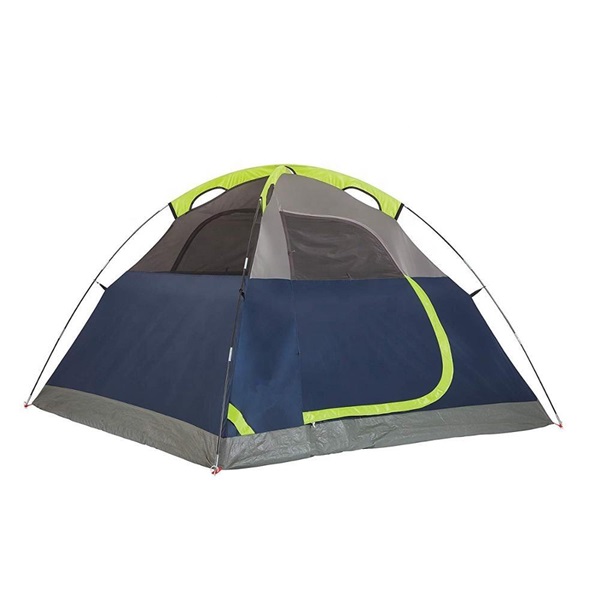 rainwears@163.com may@may-rain.com
rainwears@163.com may@may-rain.com Mon to Friday: 8.00 am - 7.00 pm
Mon to Friday: 8.00 am - 7.00 pm
High-Quality Disposable Non-Woven Aprons for Food Safety and Hygiene Use
The Rise of Disposable Non-Woven Aprons A New Standard in Hygiene and Convenience
In today's fast-paced world, the demand for convenience and cleanliness has never been more pronounced, especially in industries that require stringent hygiene standards. One of the solutions that have gained popularity in recent years is the use of disposable non-woven aprons. These aprons, designed for single-use, provide an effective way to protect clothing and maintain sanitary conditions in various settings, including healthcare, food service, and industrial environments.
What Are Disposable Non-Woven Aprons?
Disposable non-woven aprons are made from a range of synthetic fibers, typically polypropylene, which is manufactured in a way that does not involve weaving. This production method allows for the creation of lightweight, breathable, and water-resistant aprons. Unlike traditional woven fabrics, these non-woven materials can be produced in large quantities at a low cost, making them an economical choice for businesses that require frequent replacements.
Key Features and Benefits
1. Hygiene The primary advantage of disposable non-woven aprons is their ability to maintain hygiene standards. In healthcare settings, for instance, they provide a protective barrier against contaminants, thus reducing the risk of infection. In the food service industry, using these aprons helps in preventing cross-contamination between raw and cooked foods, thereby safeguarding public health.
2. Convenience The single-use nature of these aprons eliminates the need for laundry, which can be both time-consuming and labor-intensive. Once worn, they can be disposed of easily, allowing businesses to maintain a clean and organized environment with minimal effort.
disposable non woven apron

3. Cost-Effectiveness Although the upfront cost of disposable aprons might seem higher compared to washable alternatives, the overall savings come from reduced labor costs associated with cleaning and the prevention of infections or foodborne illnesses, which can lead to costly lawsuits and loss of reputation.
4. Versatility Disposable non-woven aprons are suitable for a variety of applications, including hospitals, restaurants, catering services, laboratories, and even households. Their widespread applicability helps standardize safety practices across different sectors.
5. Comfort and Breathability These aprons are designed to provide comfort for the wearer. The non-woven fabric is soft against the skin and allows for breathability, ensuring that individuals can wear them for extended periods without discomfort.
Environmental Considerations
While disposable non-woven aprons offer numerous benefits, it is essential to consider their environmental impact. The majority of these aprons are made from plastics derived from fossil fuels, which contribute to pollution and waste. However, many manufacturers are increasingly focused on developing biodegradable options and utilizing recycled materials, thus minimizing their ecological footprint. Proper disposal mechanisms, such as recycling or composting programs for biodegradable products, can help mitigate environmental concerns.
Conclusion
In conclusion, disposable non-woven aprons represent a significant advancement in hygiene and convenience, providing effective protection across various industries. Their benefits—in terms of sanitation, ease of use, cost savings, and versatility—make them an attractive option for businesses aiming to maintain high standards of cleanliness. As environmental concerns continue to rise, the industry must remain committed to developing sustainable alternatives that balance convenience with ecological responsibility. With the right approach, disposable non-woven aprons can continue to play a crucial role in promoting health and safety in our increasingly busy world.
-
Children's Fashion Waterproof Printed Raincoats | Kids Gear
NewsJul.31,2025
-
Silver Printed Women’s Jacket – Stylish, Lightweight & Trendy Outerwear
NewsJul.30,2025
-
Fashionable Design Long Raincoat Rain Poncho Waterproof Polyester
NewsJul.30,2025
-
High Lighting Reflective Rain Jacket Windbreaker Safety Jacket for Adult
NewsJul.29,2025
-
Disposable PE Rain Poncho - Lightweight, Waterproof, Easy to Carry
NewsJul.29,2025
-
Stylish Lady Coat Women Jacket – Trendy & Elegant Outerwear
NewsJul.29,2025































